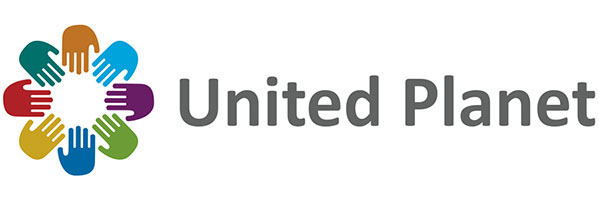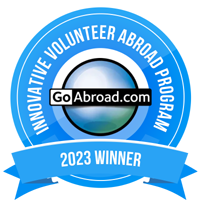The World’s Attention Was on Sochi, Russia.
Ironically, while the polar vortex had a freezing grip on most of the U.S., the Olympics in Sochi, Russia was experiencing a warm spell and athletes were wearing shorts. The Olympics have become a spectacular media and commerce event for this generation as the world is more connected digitally than ever before. We see and hear all there is to know about the world-renowned event. But what about the original intent of the games: to bring persons from different cultures together.
88 Countries Showcase Participants.
Here are just a few fun facts: 88 countries participated in this year’s 2014 Winter Games. In a little over two weeks, over 2,500 athletes competed in 98 events in 15 disciplines in seven winter sports for the chance to win gold, silver or bronze. The bill for these games surpassed the 2008 Beijing cost at a staggering $51 billion dollars.
According to media monitor Deadline.com, the Olympics averaged at least 20 million people watching per day in the U.S. alone. If the 2008 Beijing games were an indicator of success, this year’s games should have brought at least half of the world’s population, 4 billion people, to their TVs and technology. With that many eyes watching, this was a primetime opportunity for cultural exchange.
Many occasions exist to understand the host city and each other.
All of the athletes had the opportunity to expand their knowledge regarding Sochi and Russian culture as well as other competitors’ cultures. While some people may emphatically shut down this notion, saying, “our representatives are there to win and that’s all!” This was a golden opportunity to engage in lasting friendship as well.
If the Olympics were founded on the notion of each representative being the top athlete for their game, space exists for being the top human as well. This was the time to prepare for an event and build relationships abroad. After all, one of the missions of the nonprofit International Olympic Committee (IOC), which organizes the present Olympics, is to “encourage and support initiatives blending sport with culture and education.”
There were positive takeaways from Sochi.
Visiting athletes and their country’s citizens went home with a much deeper understanding of cultural differences in as little as 2 weeks.
Effective cross-cultural communication can happen in a short period of time. From the opening ceremony to lunch in the Olympic village, to post-competition, there were opportunities to develop and strengthen relationships. If visiting athletes or patrons ventured out to support sports apart from their own, chances are there was an interpersonal exchange involved.
Most athletes recognized the significance of this once-in-a-lifetime journey. In addition to visiting and competing, hopefully, the athletes were also aware of the significance in seeing and meeting the best competitors in the world–this doesn’t just happen every day. Most athletes and visitors should have taken advantage of this moment.
Ideas for cultural gatherings in your own country.
Classroom activities to build cultural awareness can be organized or gatherings at friends’ homes are great ways to share and receive knowledge of others and cultures you may not know. While you’re not getting a chance to be at the Olympics, perhaps you can share dishes from your home country in a way to exchange recipes and turn it into a taste test competition of sorts!
Online Community town-halls, such as the one Stanford University held back in 2010, can be held to allow people a way to link up worldwide to not only support their team but to meet and discuss their thoughts on sports, ads, social and political happenings and a whole host of other topics. Webinars or online forums, between academic and non-academic, or even commercial online gaming discussion forums can promote awareness.
While not perfect, the Olympics provide a crucial example of what is possible.
The Olympics are not perfect by any stretch of the imagination. No location will provide the perfect social, political and economic mix. Visiting Olympians are supposed to represent not only the highest level of their sport’s athletics but also true sportsmanship. Through their hard work and perseverance, they have pushed themselves personally, emotionally and mentally. These are traits every person can relate to, but something they, as athletes, share with one another. The possibilities in combining these mentally tough, physically fit and dedicated persons with meaningful conversations beyond sports are hopeful and intriguing.
ABOUT UNITED PLANET
United Planet is a non-profit organization with a mission to create a global community, one relationship at a time. Established in 2001, United Planet offers volunteer abroad, virtual internships, internships abroad, gap year volunteering, and global virtual exchange in more than 40 countries.




